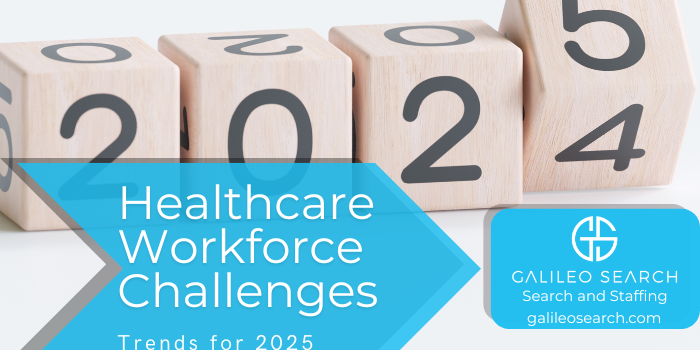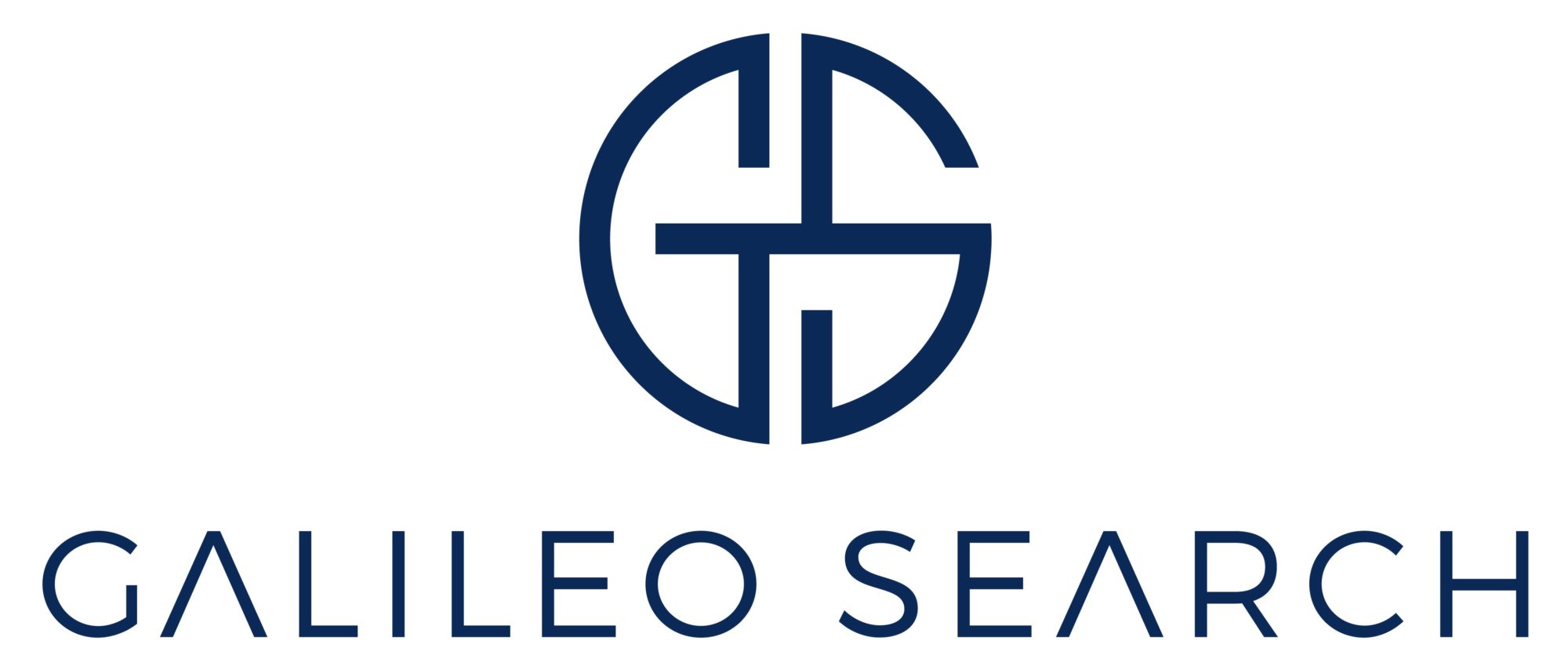The Galileo Compass: Navigating the World of Healthcare Staffing and Recruitment

Healthcare Workforce Challenges: Trends into 2025
As we move into 2025, addressing workforce shortages in healthcare, particularly in nursing and primary care, remains a critical challenge. These shortages significantly impact patient care quality, hospital operations, and the broader healthcare delivery system. Let’s explore the key issues and strategies emerging to tackle these workforce challenges.
- Strategies for Recruitment and Retention
Healthcare organizations are intensifying efforts to recruit and retain talent amidst growing shortages. Strategies include offering competitive salaries, signing bonuses, and comprehensive benefits packages. Additionally, many healthcare facilities are investing in career development programs and providing pathways for advancement to retain staff. By creating more supportive work environments and offering flexible work arrangements, healthcare providers aim to reduce turnover rates and build a more stable workforce (HealthLeaders Media, Insight Global). - Addressing Nursing Shortages through Upskilling and Reskilling
The nursing shortage is particularly acute, with healthcare systems facing difficulties in maintaining adequate staffing levels. To address this, many organizations are focusing on upskilling and reskilling existing staff. This approach includes offering additional training and education programs to help nurses expand their competencies and take on more specialized roles. Targeted recruitment from international talent pools and leveraging technology, such as virtual nursing programs, are also helping to bridge the gap in nursing shortages (HealthLeaders Media, Capgemini). - Impact on Patient Care and Healthcare Delivery
Workforce shortages directly affect patient care, leading to longer wait times, reduced access to services, and increased workloads for existing staff. This situation can result in burnout and decreased job satisfaction, further exacerbating retention issues. Healthcare providers are exploring innovative solutions such as telehealth, remote monitoring, and automation of routine tasks to alleviate some of these pressures and ensure continuity of care despite staffing challenges (Chief Healthcare Executive, McKinsey).
The ongoing shortage of healthcare professionals is prompting a reevaluation of workforce strategies. Addressing these challenges is crucial for maintaining high-quality patient care and ensuring the sustainability of healthcare systems.
- What innovative strategies have you seen healthcare organizations implement to address workforce shortages, and which do you think are the most effective?
- How can healthcare providers better support their existing staff to prevent burnout and improve job satisfaction in a time of workforce shortages?
- What role do you think technology, such as telehealth and automation, can play in mitigating the impact of workforce shortages on patient care?
Feel free to share your insights and join the conversation about how healthcare can overcome workforce challenges and ensure quality patient care. For more information, check out HealthLeaders Media, Insight Global, Capgemini, and Chief Healthcare Executive.
About Galileo Search, LLC
Galileo Search, LLC specializes in recruiting exceptional talent for healthcare organizations, particularly in challenging areas such as nursing and primary care. As the industry faces unprecedented workforce shortages, we are dedicated to helping healthcare providers find skilled professionals who can navigate the evolving landscape. Our targeted recruitment strategies and extensive network ensure that we connect you with the right candidates to meet your staffing needs. Discover how we can support your organization in building a resilient workforce by visiting Galileo Search, LLC.
